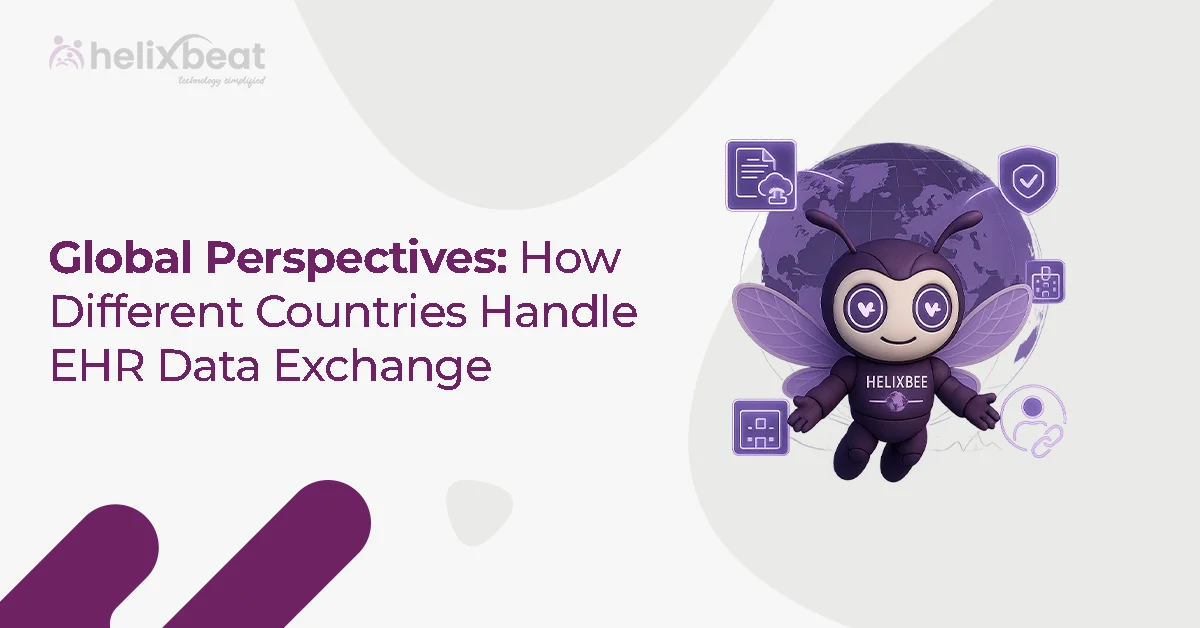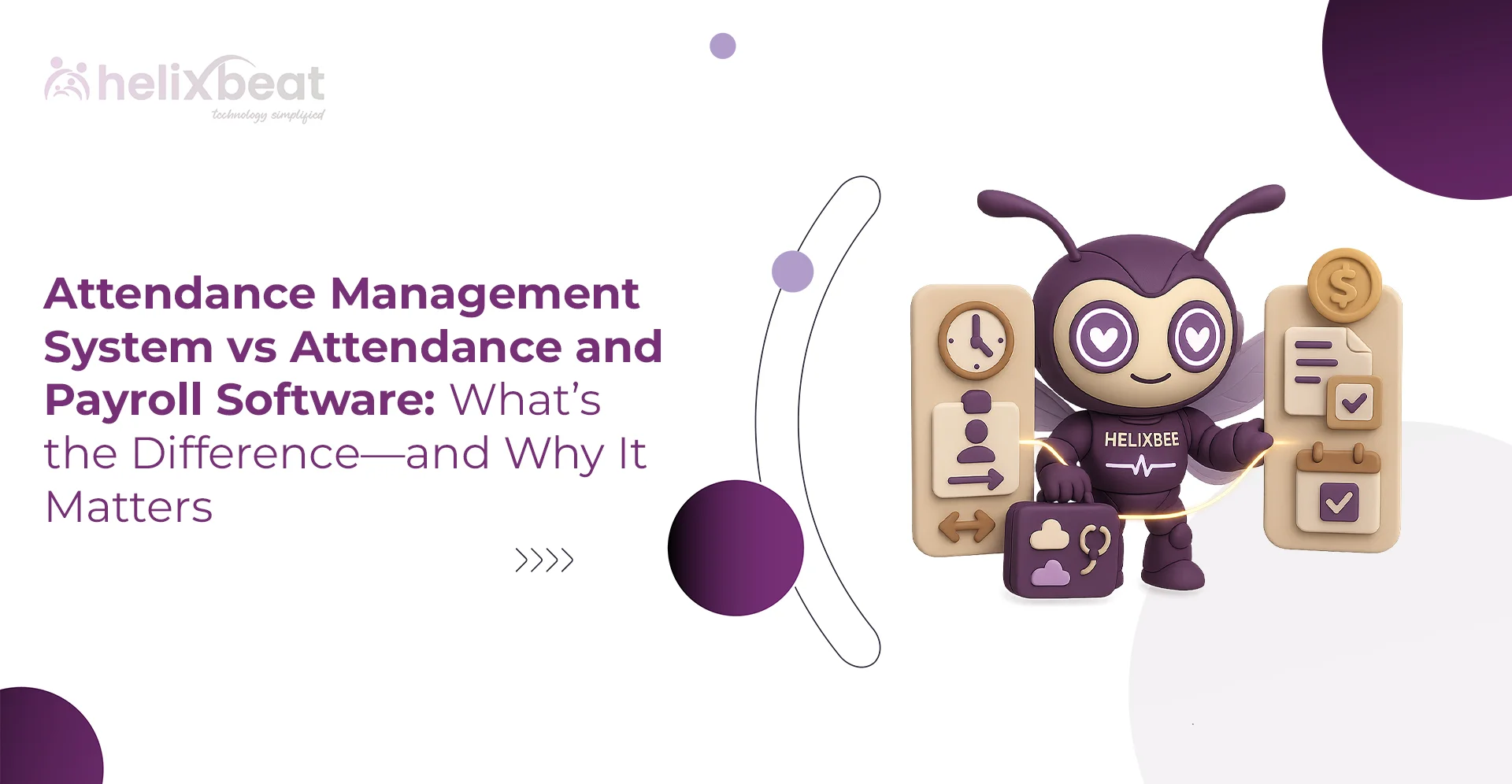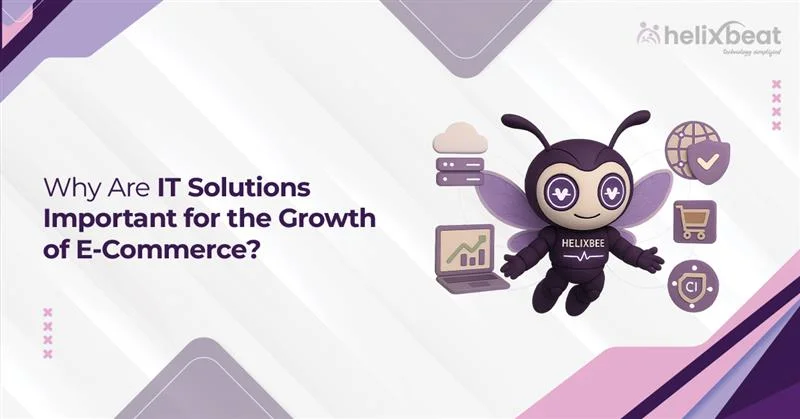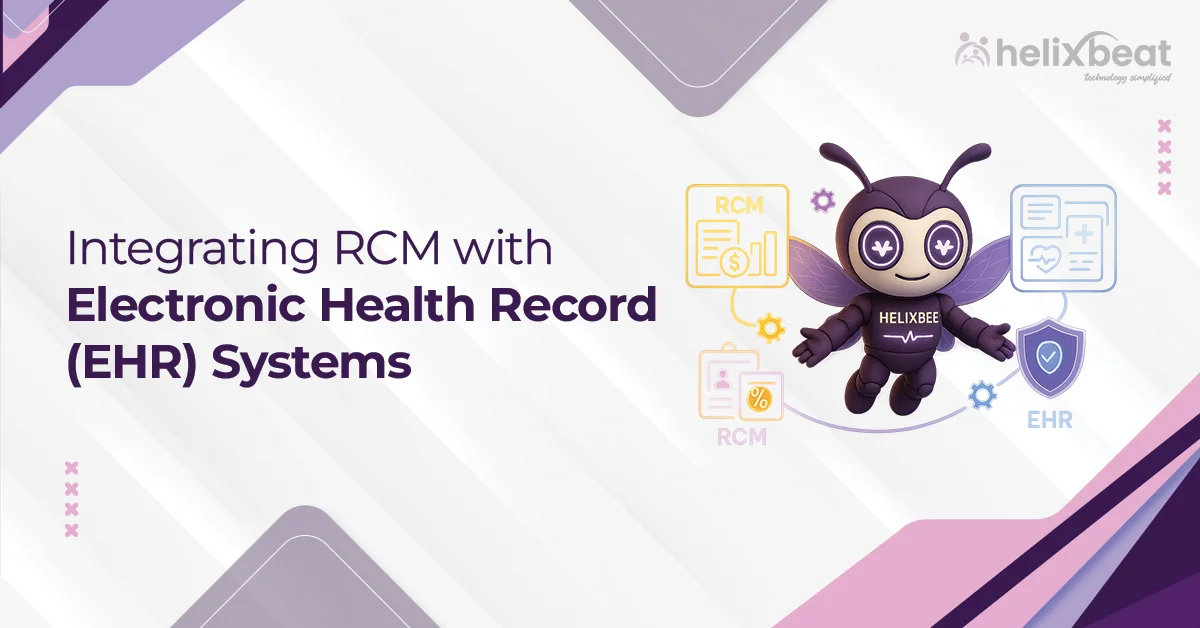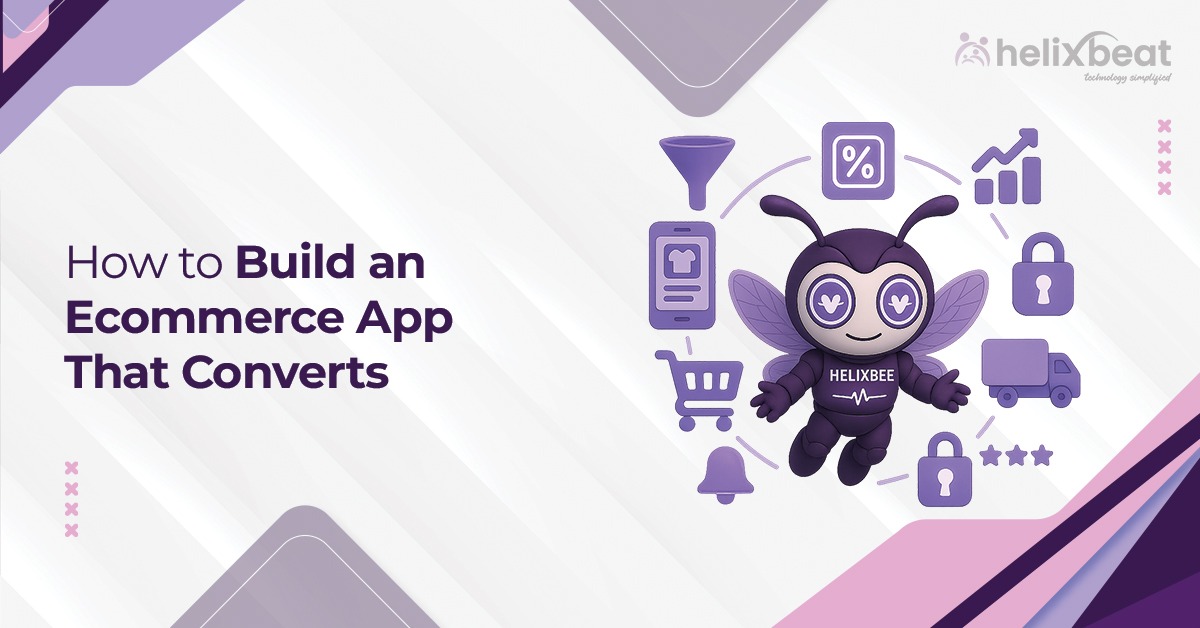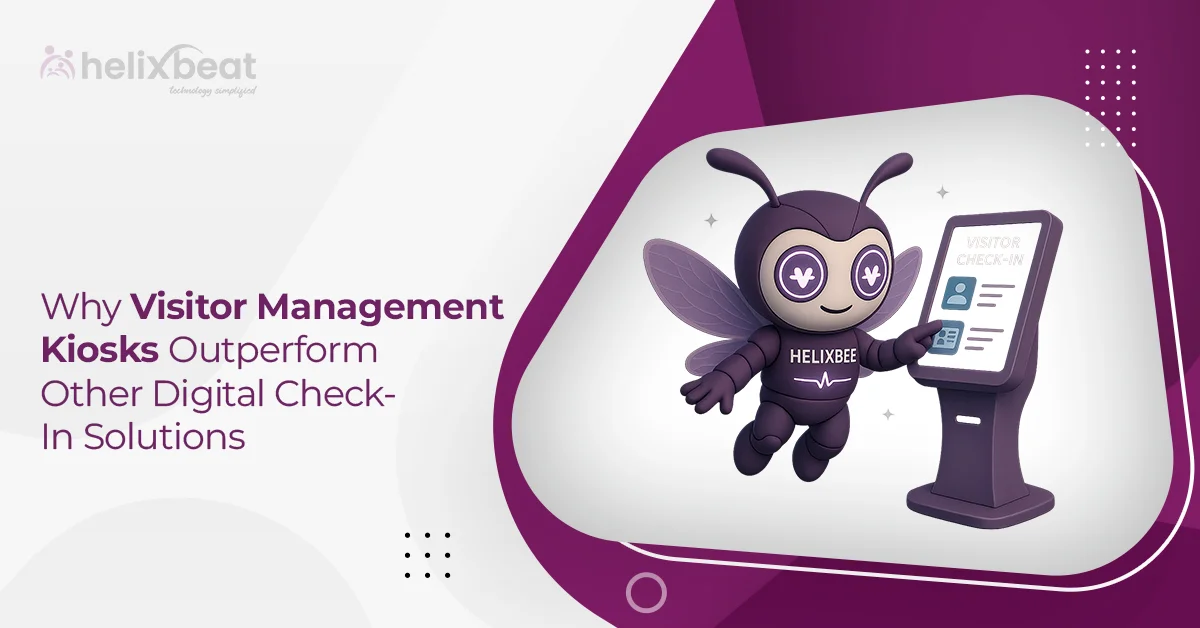Healthcare is changing fast—and so are the ways we pay for it. Patients now expect convenience, speed, and transparency in every transaction, while healthcare providers need secure, compliant systems that can handle everything from insurance payouts to B2B settlements.
So, how do you choose a payment solution that checks all the boxes?
That’s where this guide comes in—and that’s also where Paynova shines.
Whether you’re a hospital administrator, a private practitioner, or part of a growing health-tech startup, this blog will help you navigate the world of healthcare payment solutions with clarity. Let’s explore what matters most and how Paynova delivers exactly what you need.
Table of Contents
1. Understand the Unique Nature of Healthcare Payments
Healthcare billing isn’t like eCommerce or retail. It’s more complex, involving multiple payers (patients, insurance companies, corporate clients), treatment plans over time, pre-authorizations, co-payments, and even post-treatment installments.
Generic payment solutions simply won’t cut it.
What you need is a specialized system designed for healthcare:
- Handles multiple payer types in a single transaction
- Offers real-time insurance verification
- Supports installment-based payment structures
- Includes clinical billing and service categorization
- Syncs with EHRs and hospital management systems
Paynova delivers all this and more. It’s built with healthcare-specific workflows in mind—so your team spends less time handling payments and more time focusing on patients.
2. Identify Your Business Model and Payment Needs
Your ideal payment solutions should depend on how your healthcare business operates.
Ask yourself:
- Do you offer high-value procedures with EMI options?
- Are your payments mostly from individual patients or corporates?
- Do you bill third-party labs or pharmacies regularly?
- Do your services extend beyond in-clinic visits (e.g., telemedicine, homecare)?
If you’re running a multi-location healthcare setup, or work with diagnostic partners or insurance firms, you also need a B2B payment solutions to handle inter-business transactions.
Paynova’s B2B payment solutions helps you manage:
- Vendor payouts
- Corporate tie-up payments
- Insurance claims settlements
- Commission-based partner reconciliations
The platform helps reduce friction in business-related payments—while offering full transparency and audit trails.
3. Focus on Patient Convenience with Mobile Payment Solutions
The world has gone mobile, and patients expect the same convenience in healthcare.
According to surveys, more than 60% of patients prefer digital channels for appointment booking, bill payments, and follow-ups. A mobile payment solutions is no longer optional—it’s expected.
Here’s where Paynova’s mobile payment solutions excel:
- Accept payments via QR, UPI, cards, and wallets from a mobile interface
- Send payment links through SMS or WhatsApp
- Enable payments before, during, or after consultations
- Use portable POS devices for doorstep visits or ambulance services
This flexibility ensures that your healthcare service is as convenient and tech-savvy as modern patients expect. And when you’re collecting payments on mobile, compliance and security are still top-notch with Paynova.
4. Integration with Existing Systems
One of the biggest pain points healthcare providers face is a fragmented backend. If your payment solutions doesn’t integrate with your EHR, HMS, or inventory system—you’ll spend time switching between platforms and risk errors.
With Paynova, integration is simple and powerful:
- Open APIs for custom tech stacks
- Ready-made plugins for major hospital ERP systems
- Automated invoice generation and reconciliation
- Real-time payment notifications inside your admin dashboard
This level of integration means you can automate tasks like:
- Generating bills immediately after discharge
- Updating inventory upon purchase
- Sending automatic payment reminders
It’s more efficient, error-free, and ensures financial clarity across departments.
5. Security, Compliance, and Data Privacy
In healthcare, security is everything. Patient data and transaction logs must be protected under strict industry guidelines like HIPAA, and national digital health regulations.
Paynova’s payment solutions are designed with this in mind:
- PCI-DSS certified infrastructure
- End-to-end data encryption (TLS 1.2 and above)
- Role-based access controls
- Complete audit logs for every transaction
- HIPAA compliance baked into the architecture
Whether you’re handling sensitive payment data or medical records, Paynova gives you peace of mind.
6. Real-Time Reporting and Dashboard Insights
Running a healthcare business means staying on top of your revenue cycle. You need to track incoming payments, delayed dues, insurance rejections, and vendor payouts.
Paynova provides powerful analytics dashboards that show:
- Total collections (daily/weekly/monthly)
- Payment modes breakdown (card, UPI, cash, etc.)
- Outstanding dues and payment reminders
- B2B payment solutions activity with vendors
- Mobile payment trends and channel performance
This bird’s-eye view helps you make informed decisions, optimize billing cycles, and reduce leakages or bottlenecks.
7. Scalability and Multi-location Support
Are you planning to expand? Then you need payment solutions that scale with you—without redoing the whole setup.
Paynova is built to grow with your healthcare business. Whether you’re adding branches, diagnostic centers, or onboarding partner clinics, you can:
- Centralize finance across all locations
- Maintain location-specific payment workflows
- Assign admins and approval levels per branch
- Monitor performance from a single dashboard
With Paynova, you don’t just process payments—you build a future-ready infrastructure for growth.
8. Dedicated Support and Customization
Choosing payment solutions is not just about software. It’s about the team behind it—how they support you, train your staff, and customize the tool for your specific needs.
Paynova offers:
- Onboarding and training sessions
- 24/7 technical support
- Dedicated account managers
- Custom reports, APIs, and UI adjustments
This is crucial because healthcare teams often aren’t tech experts. Paynova’s support ensures your payment system is always operational and evolving with your needs.
9. Future-Proof Features and Innovations
The best payment solutions keep evolving. Paynova is ahead of the curve, offering features that go beyond traditional billing.
What’s new with Paynova?
- Digital kiosks for walk-in self-payments
- IVR payment collection over calls
- WhatsApp bots for payment reminders
- Loyalty program integrations for clinics
- Smartwatch and wearable-based payment options
Paynova is committed to helping healthcare providers keep pace with patient expectations and digital innovation.
10. Evaluating Costs and Return on Investment (ROI)
Choosing payment solutions isn’t just about the upfront costs—it’s about the long-term value.
While some systems offer attractive entry-level pricing, hidden fees (setup, processing, or maintenance) can add up. Evaluate both immediate and future benefits like improved cash flow, reduced billing errors, and fewer payment delays.
Here’s what to keep in mind:
- Subscription Fees vs. Transaction Fees: Know if you’re paying monthly or per transaction.
- Hidden Costs: Watch for extra charges related to processing or integrations.
- Scalability: Can the platform grow with your practice?
- ROI: Improved cash flow and reduced admin work can mean big savings over time.
11. Final Checklist – What to Look For
Still wondering what makes the great healthcare payment solutions? Here’s your ultimate checklist:
- Supports multiple payment modes (card, UPI, wallet, EMI
- Offers both mobile payment solution and in-clinic POI
- Seamlessly handles B2B payment solution needs (vendors, insurance)
- Integrates with your HIS, EHR, and CRM
- Provides security and compliance assurance
- Offers real-time tracking and automated reconciliation
- Delivers excellent support and easy onboarding
Paynova ticks every box—and offers flexible pricing based on your practice size and scope.
Comparing Healthcare Payment Solution Providers
When it comes to providers, it’s not one-size-fits-all. From established banks to innovative fintech firms, each offers unique features. Your decision should align with your operational needs, security requirements, and patient preferences.
Here’s how different options stack up:
| Feature | Traditional Banks | Fintech Companies | Cloud-Based Solutions | On-Premises Solutions |
| Reliability | High | Moderate | High | High |
| Innovation | Low | High | High | Moderate |
| Integration | Limited | Strong | Strong | Moderate |
| Security | High | High | High | Very High |
| Scalability | Low | High | Very High | Moderate |
| Cost | Moderate | Varies | Varies | High |
Key Considerations:
- Traditional Banks: Reliable but may lack innovation and integration flexibility.
- Fintech Providers: Feature-rich, offering analytics, AI-based fraud detection, and better UI.
- Cloud-based Systems: Great for scalability and remote access.
- On-premise Solutions: Offer control but require significant setup and maintenance.
Bonus Tip: Look for solutions that integrate with your current billing software like Paynova to reduce training and disruption.
Implementation Best Practices
Once you’ve selected a provider, a smooth rollout is critical. Here’s how to do it right:
- Vendor Onboarding: Partner with providers offering dedicated support.
- Employee Training: Ensure staff are well-trained before the go-live date.
- Data Migration Strategy: Securely transfer patient and billing data.
- Testing & Pilots: Run small-scale pilots to troubleshoot issues.
- Patient Communication: Keep your patients informed about new payment methods and benefits.
Conclusion: Why Paynova is the Smart Choice
Choosing the right payment solution is no longer just about billing—it’s about improving patient trust, operational efficiency, and financial transparency.
With Paynova, you get a complete, healthcare-centric payment solution that works across patient billing, insurance settlements, B2B payment solution needs, and mobile payment solution interfaces. It’s scalable, secure, and supported by a team that understands healthcare workflows.
Whether you’re just getting started or scaling across cities—Paynova is built to support your mission.
Ready to upgrade your payment infrastructure? Try Paynova today.
FAQs
What is a healthcare payment solution?
A healthcare payment solution is a system that manages patient billing, insurance claims, and B2B payments securely and efficiently.
Why is choosing the right healthcare payment solution important?
It ensures fast, secure transactions, improves patient satisfaction, and helps healthcare providers streamline operations and maintain compliance.
How is a healthcare payment solution different from regular payment systems?
It supports complex workflows like insurance verification, co-pays, EMI, multi-payer processing, and EHR/HIS integration.
What features should I look for in a healthcare payment solution?
Look for mobile payments, B2B handling, real-time reports, system integration, HIPAA compliance, and scalability.
How do mobile payment solutions benefit healthcare providers?
They allow convenient patient payments via QR, UPI, or card, reducing delays and enhancing user experience.
Is Paynova a secure option for healthcare payments?
Yes, Paynova is HIPAA with data encryption and audit logs to protect sensitive information.
Can Paynova handle multi-location and B2B healthcare payments?
Absolutely. Paynova supports multi-branch setups, vendor settlements, and corporate tie-up billing through its robust B2B features.






